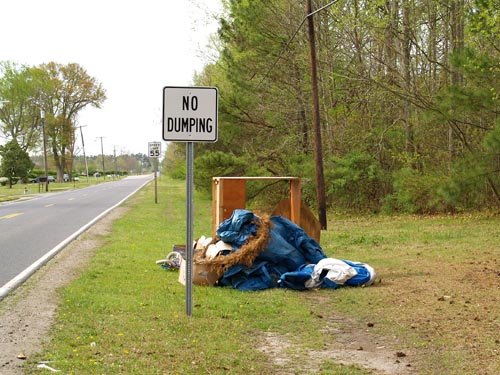Trade War Watch 17: China Rules U.S. Dumping Subsidized Cars On Chinese Market, Does Nothing

Beijing closed the book on the tit-for-tat saga that had started with the U.S. slapping punitive tariffs on Chinese tires. China’s Ministry of Commerce (MOC) issued a final ruling today, declaring that the United States has dumped subsidized sedans and sport utility vehicles with engine displacement of 2.5 liters or bigger on the Chinese market, writes China’s state-owned new agency Xinhua. According top the MOC, this has harmed China’s domestic auto manufacturing industries. Then, China did nothing.
In a surprise move, the statement continued to say that China would not take anti-dumping and countervailing measures on these vehicles until further notice.
China had launched the anti-dumping and anti-subsidy investigation into auto imports from the U.S. on November 6, 2009, two months after President Obama signed the edict to slap a 35 percent punitive tariff on Chinese car and light truck tires. The move seriously disrupted the Chinese auto industry, it raised tire prices in the U.S., it hurt American companies such as Cooper Tire that have extensive production in China, and finally ended up moving low cost tire production from China to Thailand, a country that had duty free status with the U.S.
Realizing this, the U.S. raised the Thai tire tariff to the 4 percent harmonized tariff allowed by the WTO. The same tariff the U.S.A. had charged on Chinese tires before the additional 35 percent were slapped on. Not a single job was created in the U.S. Thailand was grateful. Chinese and U.S. tire companies were miffed.

Bertel Schmitt comes back to journalism after taking a 35 year break in advertising and marketing. He ran and owned advertising agencies in Duesseldorf, Germany, and New York City. Volkswagen A.G. was Bertel's most important corporate account. Schmitt's advertising and marketing career touched many corners of the industry with a special focus on automotive products and services. Since 2004, he lives in Japan and China with his wife <a href="http://www.tomokoandbertel.com"> Tomoko </a>. Bertel Schmitt is a founding board member of the <a href="http://www.offshoresuperseries.com"> Offshore Super Series </a>, an American offshore powerboat racing organization. He is co-owner of the racing team Typhoon.
More by Bertel Schmitt
Latest Car Reviews
Read moreLatest Product Reviews
Read moreRecent Comments
- Lou_BC Actuality a very reasonable question.
- Lou_BC Peak rocket esthetic in those taillights (last photo)
- Lou_BC A pickup for most people would be a safe used car bet. Hard use/ abuse is relatively easy to spot and most people do not come close to using their full capabilities.
- Lorenzo People don't want EVs, they want inexpensive vehicles. EVs are not that. To paraphrase the philosopher Yogi Berra: If people don't wanna buy 'em, how you gonna stop 'em?
- Ras815 Ok, you weren't kidding. That rear pillar window trick is freakin' awesome. Even in 2024.



































Comments
Join the conversation
Go you go into detail on how this dumping scheme worked? Did US companies sell vehicles in China at a loss? Or are they saying the gov't subsidized the losses? I have never been clear on the accusation here.